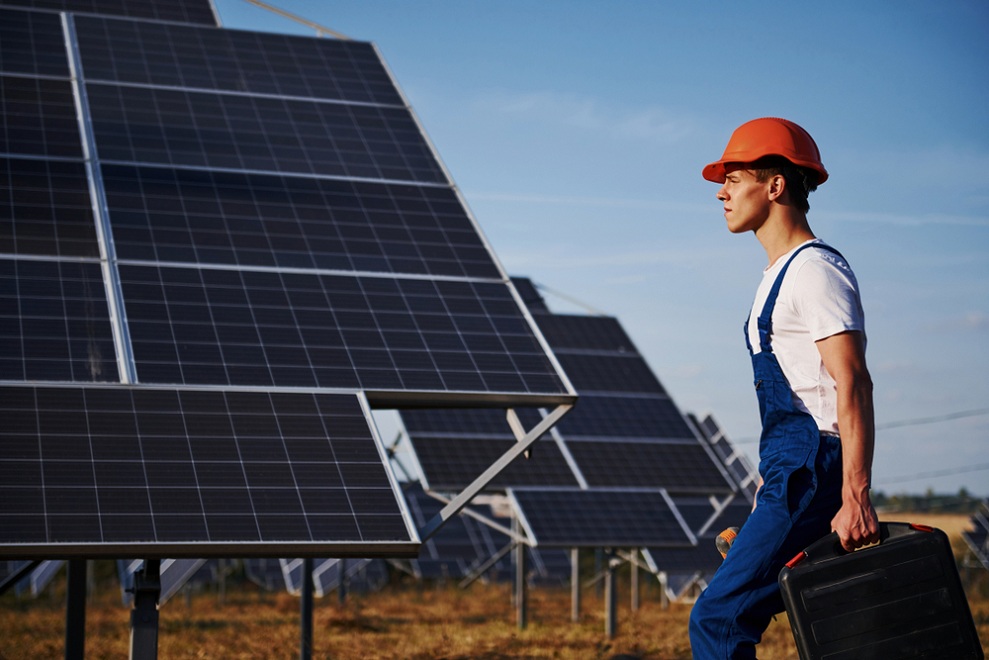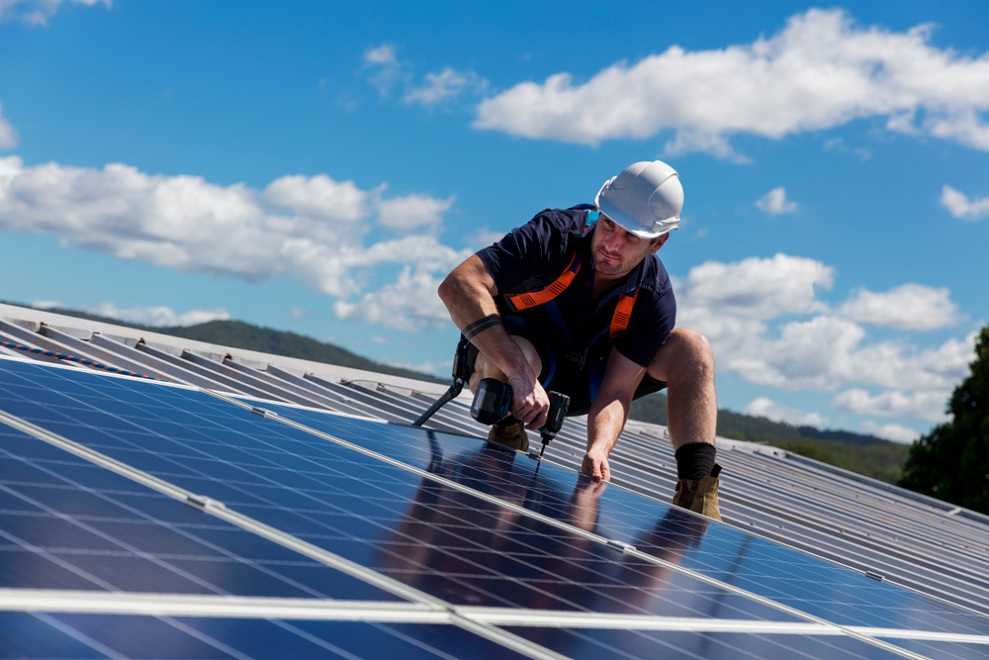While looking at houses on Zillow lately, you might have noticed something known as a "sun number."
It simplifies the complicated solar terminology and complexities into a simple numerical scale that ranges from one to 100, which represents how suitable a home would be for installing solar panels. An increasing sun number means preferable conditions for solar power system installation.
With the help of the U.S. Department of Energy’s SunShot Initiative, Sun Number has now been able to score 84 million houses on Zillow.com.
We'll go through what factors go into the sun number calculation, so you can understand what it means and whether a property is suitable for solar power generation.
Scoring Categories of Sun Number

Four separate categories combine to form the overall Sun Number score:
Each category is weighted differently according to its impact on the house's ability to generate power from sunlight.
1. Building Solar
Highest score - 80 points
The Building Solar score considers a large portion of the Total Sun Number and measures how well-suited a house's actual design is for installing solar panels.
The Building Solar includes factors like:
The direction of the roof
Size of the roof
Shading on the roof
Solar panels for homes in the United States should be placed on south-facing rooftops with good exposure to sunlight, at an angle matching their geographic coordinates, with no shading.
The truth is that most homes won't be able to satisfy every single one of these requirements. However, that doesn't necessarily imply that solar power won't work; it may produce less energy than expected or require a more complicated design.
Sun Number uses 3d imaging technology to calculate how well a house stacks up against these "perfect conditions" and gives you a score. You want the building's overall rating to be at least 50, but it would be better if it were above 60.
2. Electricity prices:
Highest score - 8 points
Next, Sun Number considers the average electricity prices in your neighborhood. Homeowners who install solar energy systems can save money by reducing their reliance on expensive utility bills.
If the electricity rate in the area is high, the Sun Number score goes up. A low electricity price gives a lower sun number.
3. Solar installation cost:
Highest score - 4 points
The number also considers local solar system pricing, but the price is not considered the most important factor when ranking markets. Sun Number uses NREL's data to determine the cost of installing solar panels at different locations across the country.
4. The climate of the region
Highest score: 8 points
The direct sunlight hitting a home's roof impacts how much power solar panels can generate. Sun Number uses regional climate scores to determine which areas are best for solar power.
For calculating the regional climate, Sun Number relies on solar energy data provided by the National Renewable Energy Lab (NREL).
The more sunlight a region gets, the better its score will be. Read further about how sunlight affects solar panel manufacturing here.
Overall Score
Highest score: 100 points
The overall SUN number is the sum of all the above four components. Even though 100 is the perfect score, a Sun above 70 indicates that solar power is likely worth considering for that property.
The overall score will look like this:
The total number of points for all categories gives you the total Sun Score.
You can also see the average Sun Number scores for homes in your area.
A Low Sun Number Score does not Mean You Can't Go Solar

You can still go solar even if your Sun Number score isn't high. The Sun Number rating is an easy way to quickly gauge whether a house has the prospects of installing solar panels. It doesn't consider every detail involved in actually installing them.
For example, your house might have a Sun number rating of 60, but a Solar Installer might be able to create a system that could still offset most of your power needs by installing solar panel systems on various sides of your rooftop.
Going solar may be worth considering if you live in an area where electricity service is unreliable. You need to invest in a solar panel system if you want to use solar energy for charging batteries during an extended power failure.
If you're willing to spend some extra cash, it may be worth buying an additional battery pack, so you don't have to worry about running out of power.
To conclude, the Sun Number shouldn't be the sole deciding factor for whether or not you should install solar panels.
It's just a simple means of starting the solar installation process.
To know whether solar power is worth considering, you need to look at a few more factors, including the solar payback period and what solar rebates are available in your region.
With our solar panel cost and saving calculator, you can calculate the exact costs and benefits of installing solar panels at your house.


